Mark your calendars for Thanksgivukkah
Not since 1888 have Thanksgiving, start of Hanukkah fallen on the same day
Woodstock-inspired T-shirts celebrating Thanksgiving and Hannukkah have a turkey perched on the neck of a guitar and implore ‘8 Days of Light, Liberty & Latkes.’ The creators nabbed the trademark to ‘Thanksgivukkah.’ (AP)
New York— It’s a turkey. It’s a menorah. It’s Thanksgivukkah!
An extremely rare convergence this year of Thanksgiving and the start of Hanukkah has created a frenzy of Talmudic proportions.
The last time it happened was 1888, or at least the last time since Thanksgiving was declared a federal holiday by President Abraham Lincoln, and the next time may have Jews lighting their candles from spaceships 79,043 years from now, by one calculation.
A 9-year-old New York boy has invented the “Menurkey” and raised more than $48,000 on Kickstarter for his already trademarked, Turkey-shaped menorah. Woodstock-inspired T-shirts have a turkey perched on the neck of a guitar and implore “8 Days of Light, Liberty & Latkes.” The creators nabbed the trademark to “Thanksgivukkah.”
Songs have popped up with lyrics like these from “The Ballad of Thanksgivukkah”: “Imagine Judah Maccabee, sitting down to roast turkey and passing the potatoes to Squanto …” Rabbi David Paskin, the song’s co-writer and co-head of the Kehillah Schechter Academy in Norwood, Mass., proudly declares his the Jewish day school nearest Plymouth Rock.
Some observers in Metro Detroit say the convergence means Hanukkah, which often has fallen close to Christmas, could this year absorb the flavor of Thanksgiving.
“Because of Hanukkah’s usual proximity to Christmas, it’s taken on this gift-giving culture. So it’s possible that this year, because of it coinciding with Thanksgiving, there might be more of a focus on being thankful … for what you have,” said Rabbi Jason Miller, director of Kosher Michigan and based in West Bloomfield Township.
Let’s not forget the food mash-ups commemorating the staying power of the Pilgrims and the fighting prowess of the Jews, along with the miracle of one night’s oil lasting eight days. Pumpkin latkes, apple-cranberry sauce and deep-fried turkey, anyone?
“It’s pretty amazing to me that in this country we can have rich secular and rich religious celebrations and that those of us who live in both worlds can find moments when they meet and can really celebrate that convergence. There are a lot of places in the world where we would not be able to do that,” Paskin said.
The lunisolar nature of the Jewish calendar makes Hanukkah and other religious observances appear to drift slightly from year to year when compared to the U.S., or Gregorian, calendar. But much of the intrigue over Hanukkah this year is buried deep in the history of Thanksgiving itself, which hasn’t always been fixed in the same spot. That caused some initial confusion over Thanksgivukkah.
In 1863, Lincoln declared Thanksgiving as the last Thursday in November (the month sometimes has five of those) and the holiday remained there until President Franklin D. Roosevelt signed a joint resolution of Congress fixing it as the fourth Thursday, starting in 1942.
Since 1863, Thanksgiving and the first full day of Hanukkah on the Gregorian calendar have not overlapped. Jewish practice calls for the first candle of eight-day Hanukkah to be lit the night before Thanksgiving Day this year, so technically Thanksgivukkah falls on the “second candle” night.
Jonathan Mizrahi, a quantum physicist at Sandia National Laboratories in Albuquerque, N.M., puzzled on the convergence last January, in a blog post with buzzed-about line graphs picked up by others online.
More than 100,000 people have visited the blog since then, he said, including some who questioned his calculations and prompted him to post a couple of clarifications.
He hadn’t made it clear that he was referring to the “second candle” night of Hanukkah, and he hadn’t realized Thanksgiving had shifted from the last to the fourth Thursday of November.
While the whole thing is lots of fun, is there anything truly cosmic happening here?
Well, there’s Comet ISON, which is set to pass close by the sun on Thanksgiving and may provide a nice show — possibly even during daylight. Or not, since comets can’t always be counted on.
Detroit News staff writer Mark Hicks contributed
From The Detroit News: http://www.detroitnews.com/article/20131008/NATION/310080034#ixzz2mulywrrm

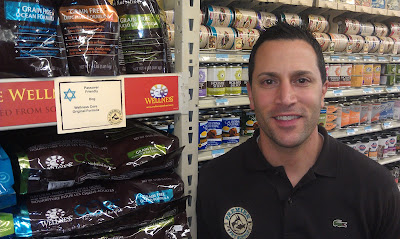

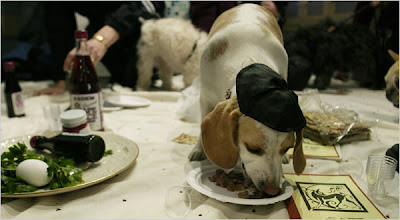


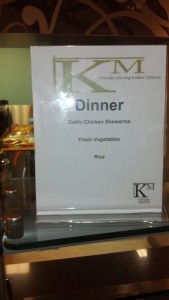
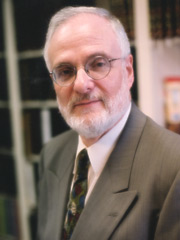 I write this letter to endorse the kashrut certification of Rabbi Jason Miller (Kosher Michigan).
I write this letter to endorse the kashrut certification of Rabbi Jason Miller (Kosher Michigan).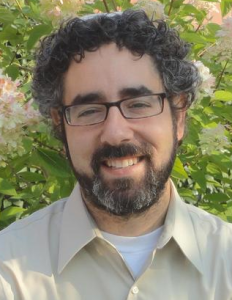 On behalf of the Michigan Region of the Rabbinical Assembly, I am writing to voice our support for
On behalf of the Michigan Region of the Rabbinical Assembly, I am writing to voice our support for